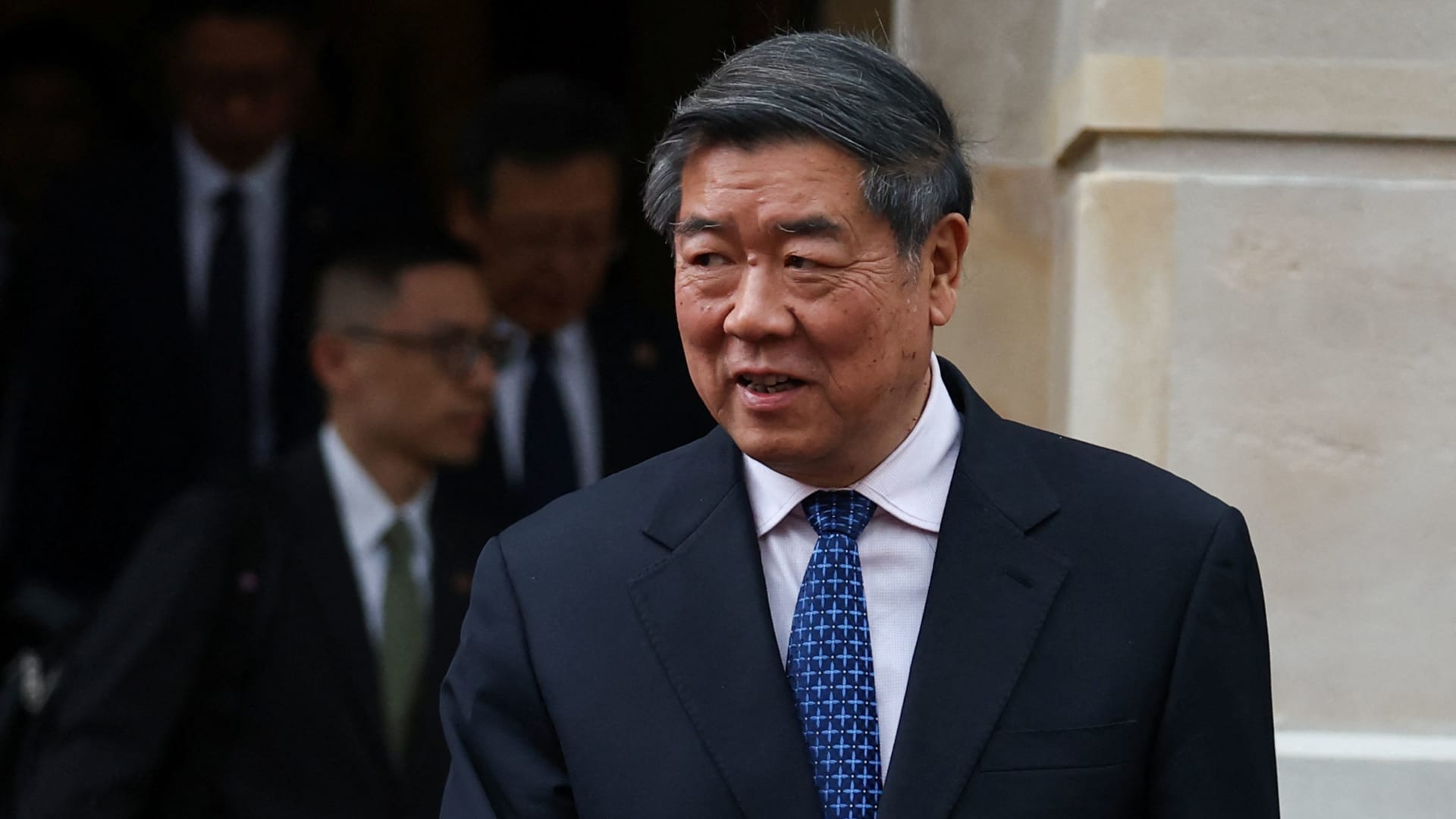Chinese Vice Premier He Lifeng leaves Lancaster House, on the second day scheduled for trade talks between the U.S. and China, in London, Britain, June 10, 2025.
Toby Melville | Reuters
The much-anticipated U.S.-China trade talks in Sweden turned out to be a letdown after they concluded Tuesday with no trade truce extension.
Why? Any decision would have to be signed off by President Donald Trump, Treasury Secretary Scott Bessent told CNBC.
While Bessent told Trump on a call that the meeting with China was “very good,” U.S. tariffs on Chinese goods will “boomerang” back up to their April levels if an extension is not reached by the Aug. 12 deadline, the Treasury Secretary told reporters Tuesday.
The trade teams will likely meet again in another 90 days, Bessent added.
Investor sentiment took a hit, with mixed corporate earnings and forecasts compounding the gloom and sending markets lower after recent gains.
There were some bright spots: Boeing narrowed its quarterly losses and Starbucks’ CEO Brian Niccol said the company was showing signs of a turnaround, despite reporting its sixth straight quarter of same-store sales declines.
But warnings also emerged. UPS, often seen as a proxy for broader U.S. consumer activity, withheld forward guidance on revenue and operating profit, citing ongoing macroeconomic uncertainty.
All eyes now turn to the Federal Reserve, which concludes its policy meeting Wednesday. Other key economic data are also on deck this week, including a reading of gross domestic product and private payroll data due out Wednesday.
— Nur Hikmah Md Ali
What you need to know today
A powerful magnitude 8.8 quake hit Russia’s far east Wednesday. It generated a tsunami of up to 4 meters (13 feet) and prompted warnings and evacuations across the Pacific.
U.S.-China tariff truce extension in limbo. Treasury Secretary Scott Bessent said Tuesday that Trump would have to sign off on any deal after the two countries concluded trade talks in Sweden with no extension. But he told CNBC that the meeting was “far-reaching, far-reaching, robust and highly satisfactory.”
Markets fall on stalled trade talks. On Tuesday, the S&P 500 and Nasdaq Composite closed lower, retreating from their fresh record highs at the opening bell. Asia-Pacific markets traded mixed Wednesday.
Corporations sound the alarm after mixed earnings. Boeing and Procter & Gamble reported earnings beats, but others missed expectations like Spotify, which posted weak guidance, while shipping giant and U.S. consumer bellwether UPS slashed its dividend.
[PRO] Apple is likely to launch foldable iPhone in September 2026, predicts JPMorgan. Analyst Samik Chatterjee shared an estimated price for the new design, the revenue opportunities it could bring for Apple, and named other companies that might benefit from the latest iPhone 17 series.
And finally…
Tencent shows off its various AI applications based on its Hunyuan model at the World AI Conference in Shanghai on July 26, 2025.
CNBC | Evelyn Cheng
Chinese AI companies are already making money
From startups to tech giants, Chinese companies are finding business demand for their artificial intelligence services, even as AI models elsewhere keep burning cash. The focus on business opportunities reflects a shift underway in China in capturing the AI opportunity. And that’s also reflected in job applications.
Zhou Yuxiang, CEO of Temasek-backed startup Black Lake Technologies, told me on Saturday that in the last few months he’s been getting resumes from AI model engineers who want to shift into developing AI for specific industry applications. “Before it was hard to get AI engineers,” he said in Mandarin, translated by CNBC.
– Evelyn Cheng





